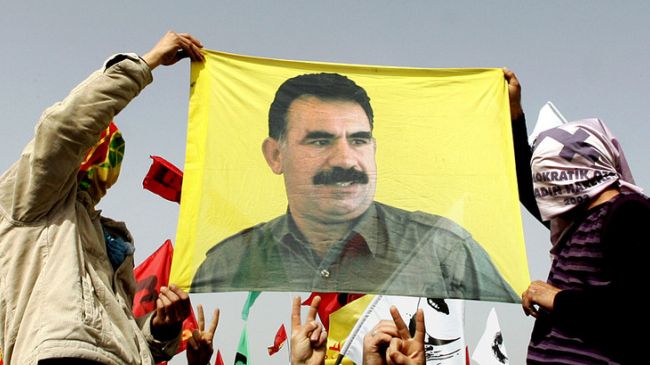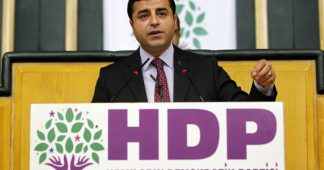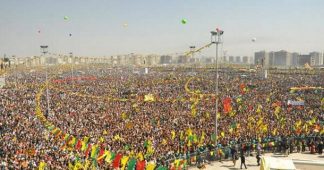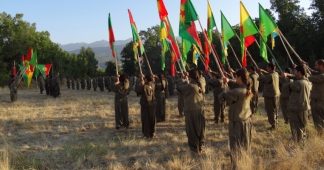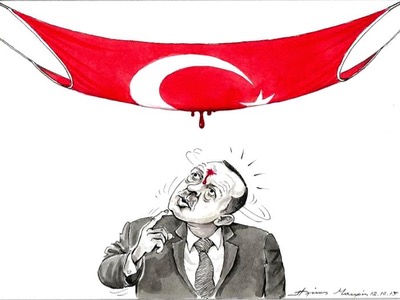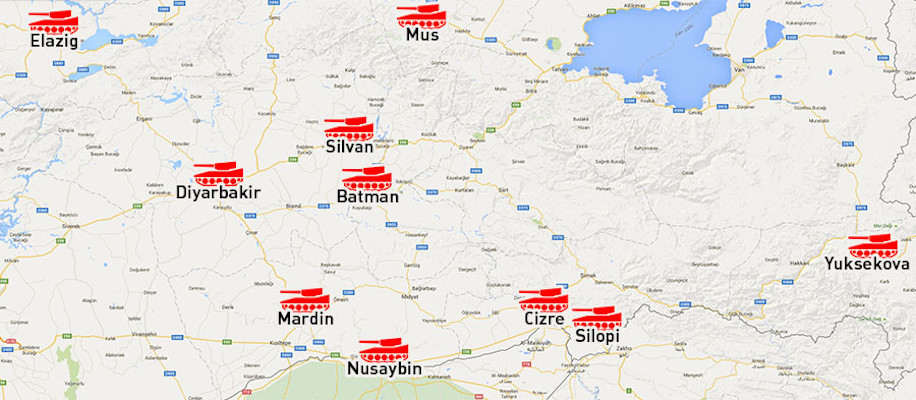Is Abdullah Ocalan key to peace between Turkey, PKK?
By Amberin Zaman
“Be Serok jiyan nabe!” The well-worn Kurdish adage means “no life without our leader.” It was crafted for Abdullah Ocalan, the imprisoned founder of the Kurdistan Workers Party (PKK), which initially fought for independence then Kurdish self-rule inside Turkey, since 1984. The mantra has gained a new urgency after the botched July 15 coup. The rogue officers who were seeking to overthrow and kill Turkish President Recep Tayyip Erdogan were also allegedly planning to kidnap Ocalan from his island prison off the coast of Istanbul and murder him as well.
They almost succeeded, according to the pro-Kurdish Peoples’ Democratic Party (HDP). Both PKK and HDP leaders claim that a group of helicopter-borne coup plotters succeeded in landing on Imrali and clashed with security personnel around Ocalan’s prison before fleeing to Greece.
Justice Minister Bekir Bozdag has yet to either confirm or deny the allegation. But Bozdag has repeatedly denied that Ocalan came to any harm, saying he is in good health and that security measures around the prison have been reinforced. He insists the rumors about Ocalan’s safety are being deliberately whipped up by the PKK and the HDP.
HDP lawmakers are among some 50 activists who launched an indefinite hunger strike on Sept. 5 to protest what they called a lack of news about Ocalan.
Bozdag has accused the group of spreading “unfounded information” about Ocalan’s health and safety, so as to “mobilize the public for their own objectives.”
HDP co-chair Figen Yuksekdag asserts that the best way the government can prove that Ocalan is alive and well is by granting access to him.
The PKK’s top military commander in the field, Cemil Bayik, had harsher words: “Our patience has worn out … our leader Apo’s [Ocalan’s Kurdish nickname, which is a diminutive for Abdullah] health and safety is under threat. Therefore, everyone must rise up and do what they can.”
Read the full article on AL Monitor
